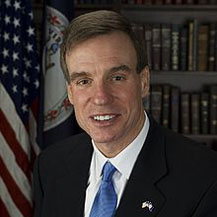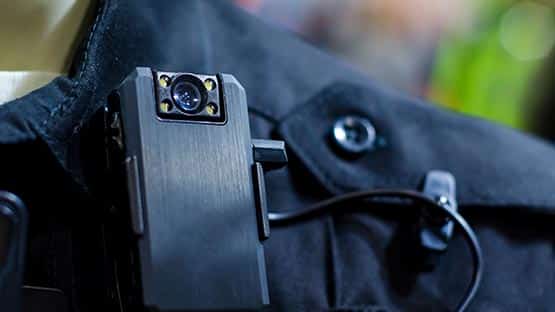
“What I’m trying to get at is, what do ISIL’s finances look like?” said Warner, in an interview with Augusta Free Press and The News Virginian during a visit to Waynesboro on Friday.
It’s a unique perspective, and one that gets the short end of the stick with respect to ISIL and the deteriorating situation in Syria.
We tend to look for military solutions to the kinds of problems presented to us by ISIL and Syria, basically wielding a hammer in search of a nail.
What Warner, a member of the Senate Intelligence Committee, proposes is a sort of economic solution, and it makes sense when you put thought to it.
As Warner points out, ISIL, like any other sort of organizing force, needs money to keep the lights on, in a manner of speaking.
“For a while they were using the money from where they would break into banks in the cities they captured. That money has now been used up,” Warner said.
Efforts to disrupt the flow of oil from ISIL-controlled areas is having another bottom-line financial impact, another step in the right direction, Warner said.
And so we have to ask some questions.
“How much money does it take for them to fight in Syria and Iraq? How much money does it take for them to run a local government? How much is used to support terrorism outside the country? The finances are important,” Warner said.
Why it is important is that there are indications that the backbone of ISIL’s forces in Syria and Iraq are not motivated by philosophy, by support for radical Islam, as it were, but have more base reasons for their loyalty.
“A lot of them who are in the region, it’s because ISIL pays more than the other rebel groups,” Warner said.
The continued instability in Syria and Iraq, of course, feeds the terror that has taken hold in the West, most recently with the attack on a Bastille Day celebration in Nice in the French Riviera.
In the here and now, Warner suggests that it is important that Western countries do a better job coordinating the sharing of information and intelligence on potential terrorist activity.
“Information-sharing may not have prevented Orlando or may not have prevented Nice. But in the case of Brussels, almost all of the individuals in Brussels were previously identified as potential bad guys,” Warner said. “European countries don’t share information, and Europe is much more vulnerable, with the open borders through Turkey, and the number of foreign fighters that have gone to Syria and Iraq and have come back.”
Warner mentioned Turkey, and it must be pointed out that the interview took place early Friday afternoon, before reports of the attempted military coup in Turkey had gone out in the American media. The ongoing situation in Turkey only further complicates the uncertainty in the region and worldwide.
“The short answer is, I wish there was a simple solution,” said Warner, noting that he has heard innumerable proposals for dealing with the political situation in the Middle East, but has yet to hear anything proposed that makes him say, That’s it.
“We have to keep taking the battle to them in Syria and Iraq, and I think it was a mistake that we didn’t go after them earlier. But it’s almost that we’re seeing, as they lose physical space, they kind of lash out more,” Warner said.
“You’ve got to cut off their funds. That’s not going to solve the whole thing, but if they don’t have the resources …”
– Story by Chris Graham










